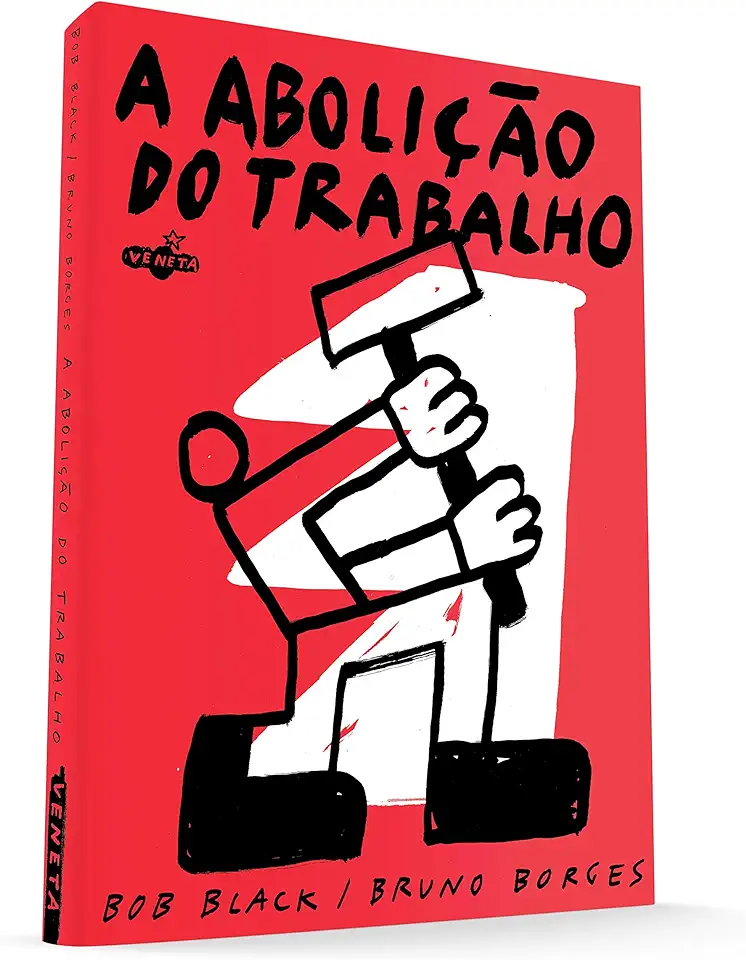
The Abolition of Work - Black, Bob; Borges, Bruno
The Abolition of Work: A Manifesto for a New Economy
In "The Abolition of Work", Bob Black and Bruno Borges present a radical and provocative argument that work is not a necessary or desirable part of human life. They argue that work is a form of exploitation that alienates us from our true selves and from the world around us. They call for a new economy based on automation and leisure, where people are free to pursue their own interests and passions.
A Critique of Work
Black and Borges begin by arguing that work is not natural or necessary. They point out that humans are the only animals who work for a living. Other animals live in harmony with their environment, without the need for toil and labor. They argue that work is a product of social conditioning, and that it is time for us to break free from its grip.
The authors also argue that work is a form of exploitation. They point out that the vast majority of workers do not own the means of production, and that they are therefore forced to sell their labor to others in order to survive. This system of wage labor creates a class of wealthy elites who live off the labor of others.
The Case for Automation
Black and Borges argue that the solution to the problem of work is automation. They believe that technology has advanced to the point where it is now possible to automate most of the tasks that are currently performed by humans. This would free up our time so that we could pursue our own interests and passions.
The authors also argue that automation would lead to a more just and equitable society. They point out that the current system of wage labor creates a great deal of inequality, as some people are able to earn much more money than others. Automation would eliminate this inequality, as everyone would have access to the same technology.
A New Economy Based on Leisure
Black and Borges envision a new economy based on leisure, where people are free to pursue their own interests and passions. They argue that this would lead to a more fulfilling and satisfying life, as people would be able to do what they love rather than what they have to do.
The authors also argue that a leisure economy would be more sustainable than the current system of wage labor. They point out that the current system is based on the exploitation of natural resources, and that it is leading to environmental degradation. A leisure economy would allow us to reduce our consumption and live in harmony with the environment.
Conclusion
"The Abolition of Work" is a powerful and provocative manifesto that challenges our traditional assumptions about work. Black and Borges argue that work is not a necessary or desirable part of human life, and that it is time for us to break free from its grip. They call for a new economy based on automation and leisure, where people are free to pursue their own interests and passions.
This book is a must-read for anyone who is interested in the future of work and the possibility of a more just and equitable society. It is a call to action, and it is time for us to listen.